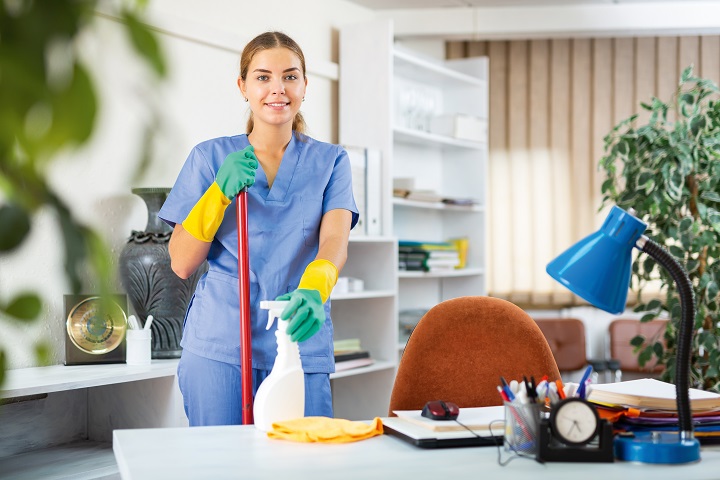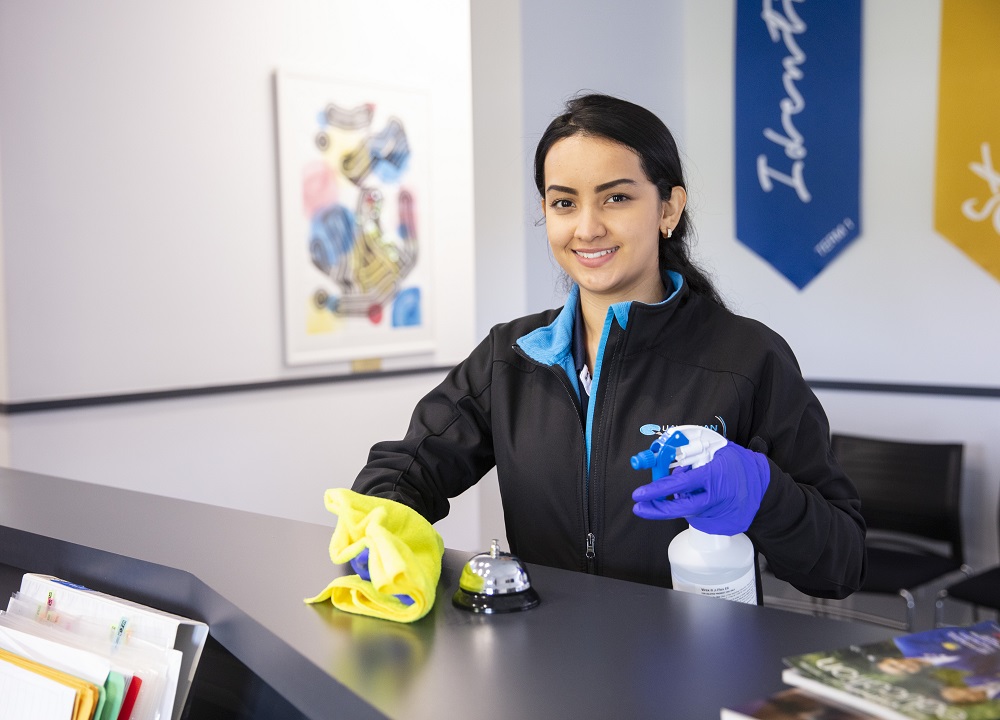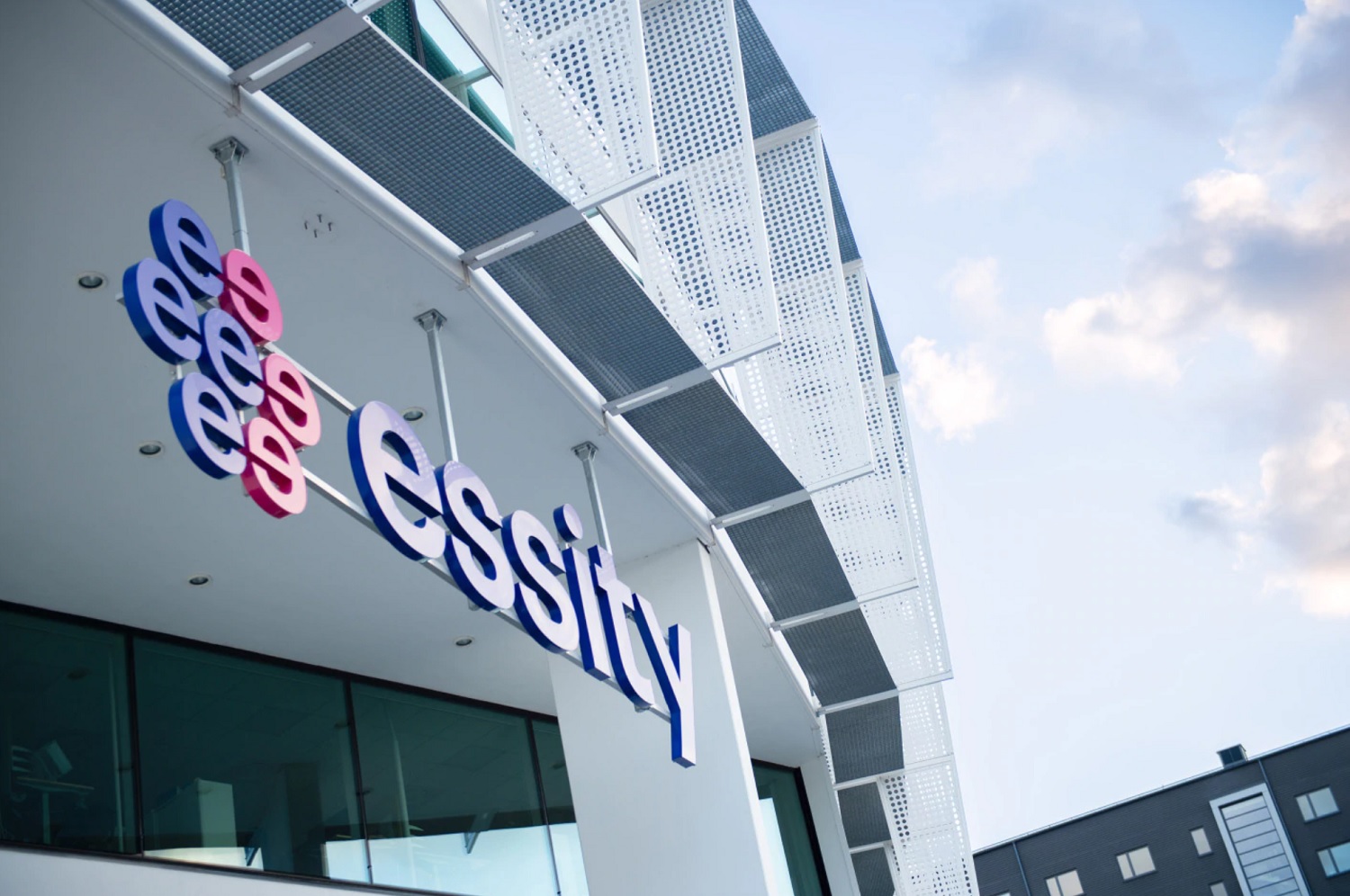
Sustainability is a buzz word that many cleaning and hygiene companies have embraced, but as an industry it is crucial that the claims around it can be backed up with substance.
Steve Ashkin is pleased that the days of blasting bathrooms with hydrochloric acid are no longer seen as best practice.
The founder of The Ashkin Group, who is known as the father of green cleaning in the United States, draws comfort from the fact that many players in the cleaning and hygiene industry are now taking their environmental commitments to the next level and embracing sustainability.
The challenge, however, is to limit “sustainability washing”, just as “greenwashing” has been an issue in the past.
“There are lots of companies whose marketing people want to differentiate their businesses and highlight their use of green chemicals, toilet paper with recycled content and that kind of stuff.
“So, now they’re just slapping the word ‘sustainable’ on things and often times I don’t really think they understand what it means.”
Whereas the term “green” typically refers to environmentally friendly products, “sustainability” has a far broader reach and takes in how an organisation acts and operates. Ashkin points out that a terrible company can make a green product.
“They could be abusing workers, they could be polluting the air and water, but they have a green product,” he says.
“With true sustainability, yes, tell us about your environmentally friendly products, but let’s also talk about the energy consumed by your buildings, your water-conservation efforts, and the fuel efficiency of your delivery fleet.”
Ashkin also wants to hear if companies are paying appropriate wages and promoting diversity and inclusion “because those sorts of issues become a company’s most material impact”.
Community commitments
Gareth Marriott, managing director of facilities management and commercial cleaning provider OCS Australia and New Zealand, agrees that sustainability transcends environmental issues.
Three pillars – social mobility, the environment, and health and safety – provide the framework for OCS to achieve sustainable outcomes.
“Social mobility is at the heart of our company – we believe in building a culture where everyone can thrive,” says Marriott, adding that this pledge includes contributing to local economies and creating opportunities for great careers.
“OCS aims to be a genuinely inclusive employer, focusing on meaningful workplace diversity and gender parity among all levels of our business.”
In 2022, the company has committed to growing its partnerships with organisations that support vulnerable communities.
In that vein, OCS already partners with The Salvation Army in Australia and New Zealand, offering support such as volunteering for various appeals and helping to prepare food for the homeless.
Commercial cleaning specialist Vivid Property Services is another company that is practicing what it preaches. Environmental, social and governance (ESG) issues are firmly on the agenda for Vivid, including support for causes that address the social and economic inequality of Australia’s First Nations People.
One of those causes is NRL Cowboys House in north Queensland, which provides supported accommodation for Aboriginal and Torres Strait Islander students from remote communities, enabling them to access secondary education.
Through its Vivid Indigenous Services (VIS) arm, the business also provides employment, training and education opportunities for Indigenous people and support for Aboriginal and Torres Strait Islander-owned businesses.
Vivid and VIS also back the Happy Boxes Project, which supplies toiletries and self-care items to women living in remote communities in the Northern Territory.
“These products provide women with a sense of pride and cleanliness,” says Vivid CEO Dan Carpenter.
Measuring success
As the green cleaning and sustainability movements continue to grow, Ashkin believes measurement of outcomes will become ever more crucial.
In that sense, many markets could take their cues from a nation such as Japan, which is a leader in monitoring elements such as air and water quality, while also implementing technology that places a premium on cleaning effectively at the right frequencies.
“They have a lot of expectations and requirement for their facilities that we don’t have in the US,” Ashkin says.
Although in some countries there has been talk of moving from cleaning for appearances to cleaning for health, Ashkin believes that without adequate measurement such claims run the risk of merely being greenwashing.
“We can say the right things, but we’re not necessarily including any performance requirements to determine if we’re really protecting occupant health and doing a good job removing soils and those sorts of things.”
Ashkin adds that such advances will inevitably be driven by the marketplace, rather than governments or regulators.
“Government regulations are good at raising the bar by setting the minimum requirements. They’re not so good at creating and driving innovation.”
For its part, OCS is developing systems and processes and adopting technological innovations to reduce its own and its customers’ energy consumption, water usage, carbon emissions and waste.
“We’re also working on initiatives with our supplier partners, team members and our local communities to help reduce our impact,” Marriott says.
Green push
Although broader sustainability issues are in vogue, Ashkin says ensuring cleaners and facilities have access to truly green products remains important.[
During COVID-19, he has been working with the US Green Building Council to introduce a new pilot credit in the LEED green building rating system called Safety First: Cleaning and Disinfecting Your Space.
The credit provides guidance on effectively cleaning and disinfecting buildings using green cleaning best practices that also meet US Environmental Protection Agency (EPA) guidelines.
Ashkin says one of the benefits of the initiative has been to draw up a list of approved chemical products and active ingredients that building owners, facility managers, building services providers and cleaners can rely on.
“Let’s face it, service providers and facility managers are not chemists, toxicologists or industrial hygienists, so this really helps them move forward with confidence.”
Through the development of its green and sustainability strategies during the past 15 years, Vivid has rolled out some key programs that are delivering cleaning and community gains. They include:
- Waste and recycling – before disposing of clients’ recycled waste, Vivid’s cleaners weigh paper, cardboard, PET plastic and glass and record the data in its CleanTrak system. This then provides clients with meaningful reports on elements such as the percentage of total waste retrieved from the waste stream; the weight and type of waste diverted from landfill; and the environmental and cost benefits achieved per month, or per waste collection.
- Sustainable procurement – wherever possible, Vivid looks for products that are Forestry Stewardship Council (FSC) or Good Environment Choice Australia (GECA) certified.
- Environmentally preferred cleaning products – one of Vivid’s chemical suppliers is ABCO, which provides an extensive range of GECA-certified products, as well as training in the use and handling of chemicals. Carpenter says Vivid also aligns itself with ABCO due to its mission of change for Indigenous communities. When Vivid buys a selection of GECA-certified products, ABCO donates a portion of its profits to the Indigenous Literacy Foundation, a not-for-profit charity focusing on empowering and improving Aboriginal and Torres Strait Islander children’s literacy skills. Carpenter is proud that “this collaboration has a ripple effect across our Vivid sphere of influence”.
Make a difference
The OCS Group has set a net-zero carbon target commitment date of 2040. At the heart of the company’s efforts, Marriott says, is the knowledge that “we must make a change to help protect our environment for generations to come”.
“As a company, some of our ambitions are lofty, but the future of our planet is at stake, so we can’t risk taking our eye off the ball.”
Ultimately, Ashkin says the clear impacts of climate change should help convince all players in the cleaning and hygiene space to embrace green cleaning and sustainability.
In a practical sense, he urges cleaning companies to train their frontline workers on what they can do to help facilities reduce energy and water consumption and improve waste-minimisation and recycling measures.
Simple actions such as reporting dripping taps and toilets, or alerting facility managing to lights being left on, can help.
“I’m a true believer,” he says.
“Climate change is real. We’re seeing it across the globe. And while the cleaning industry is not the primary cause of climate change, we need to do our part.”
This article first appeared in the September/October issue of INCLEAN magazine. Read the original article here.
Comment below to have your say on this story.
If you have a news story or tip-off, get in touch at info@incleanmag.com.au
Sign up to INCLEAN’s newsletter.




